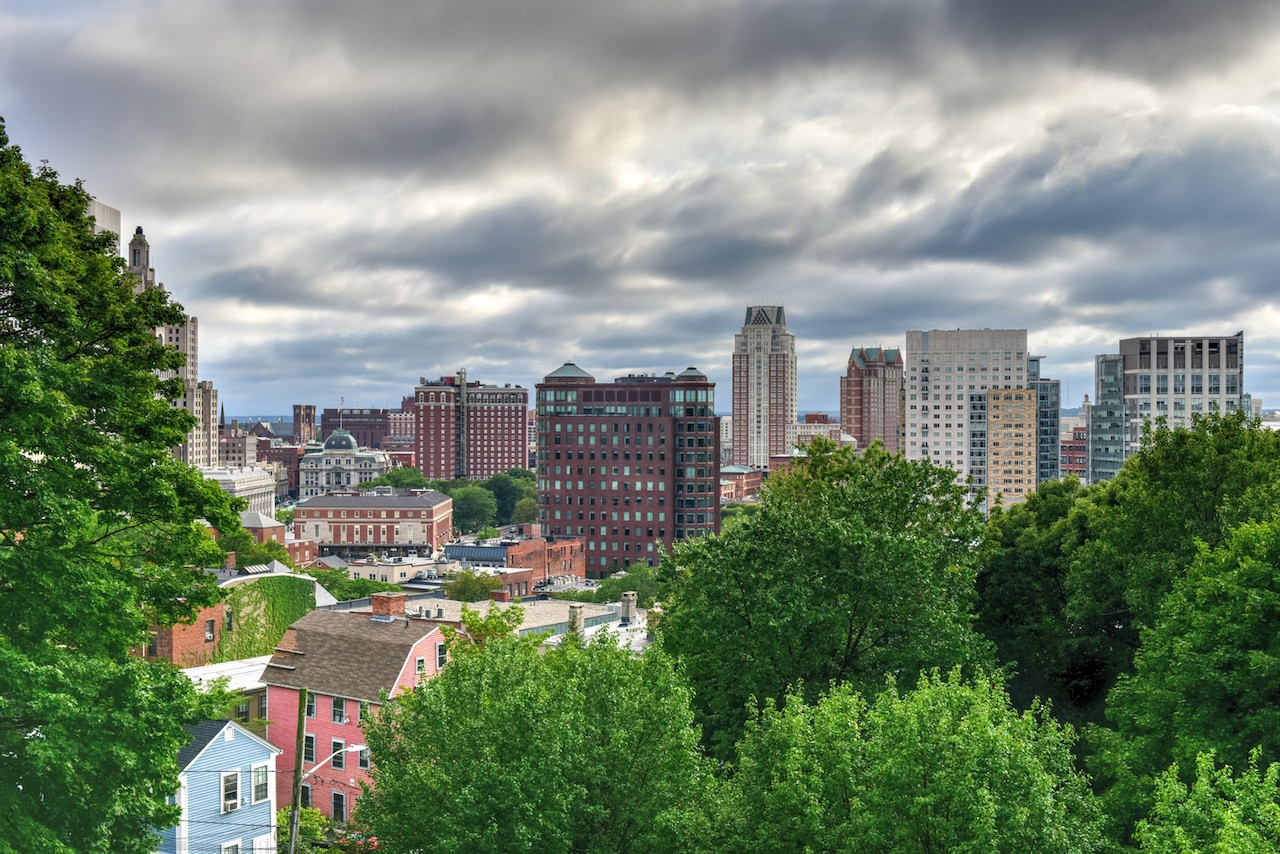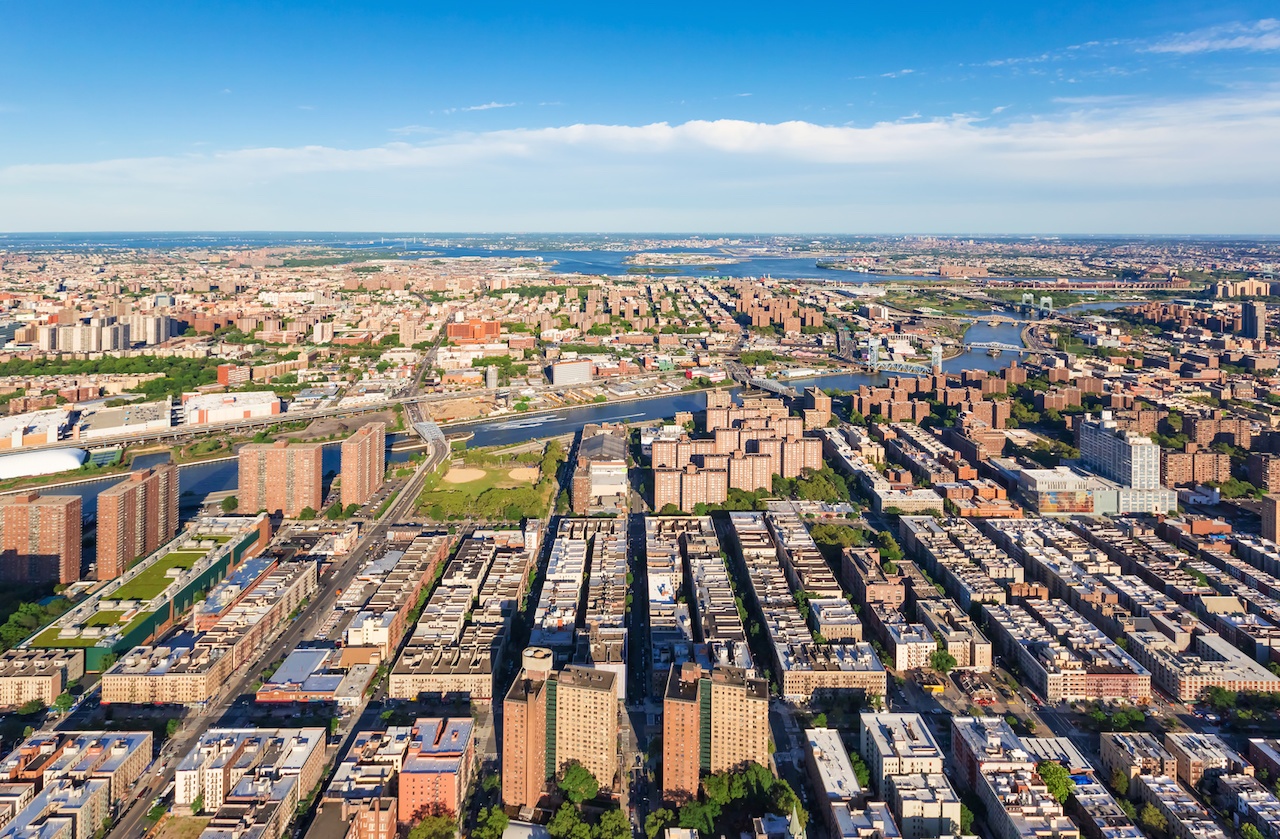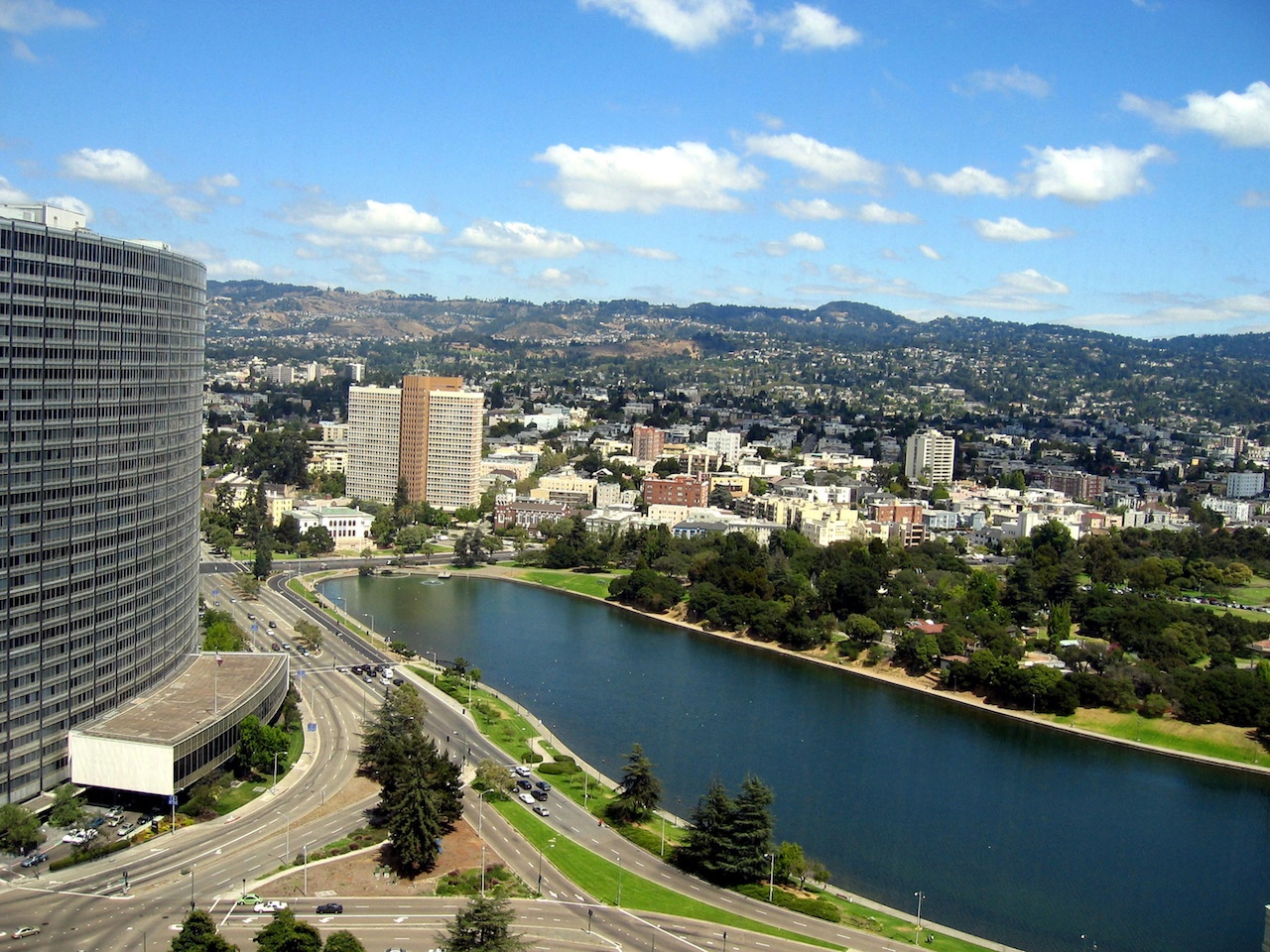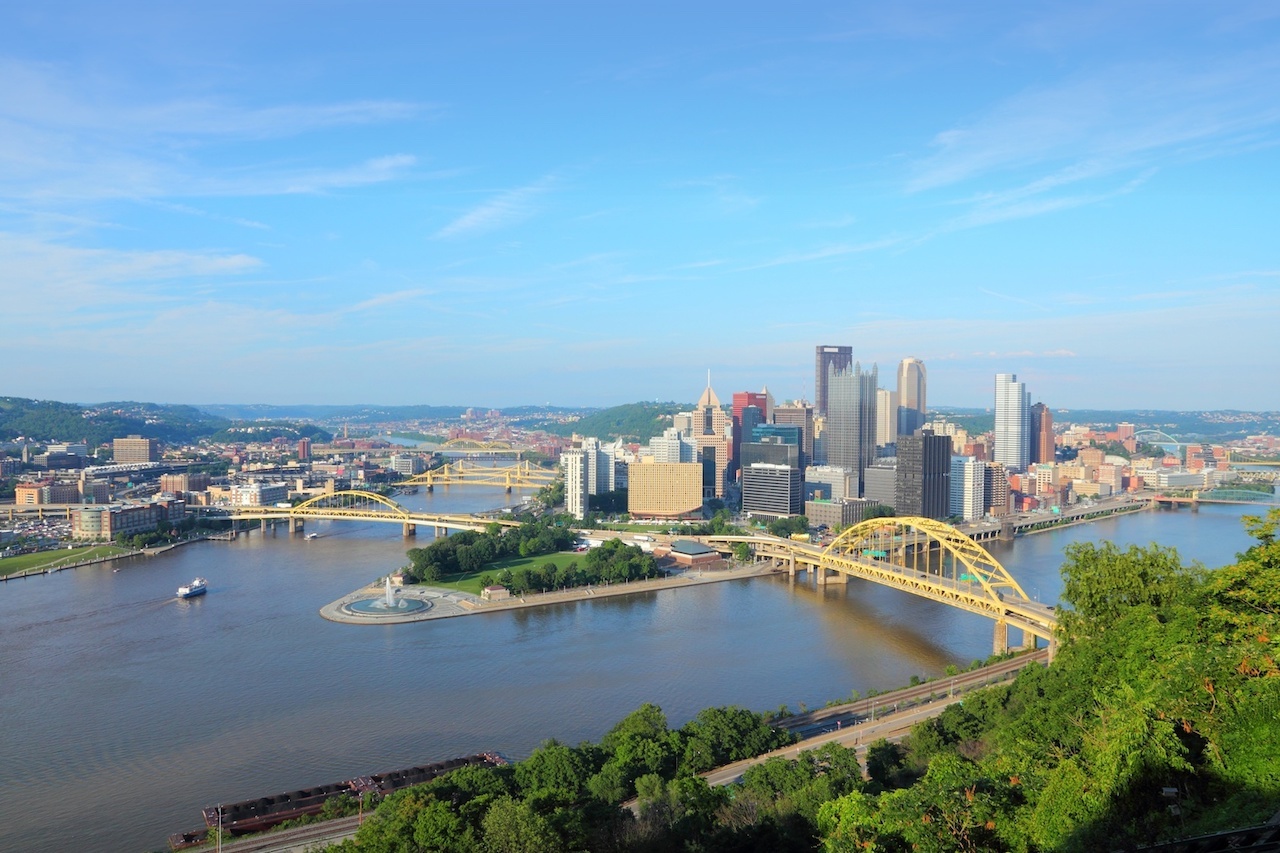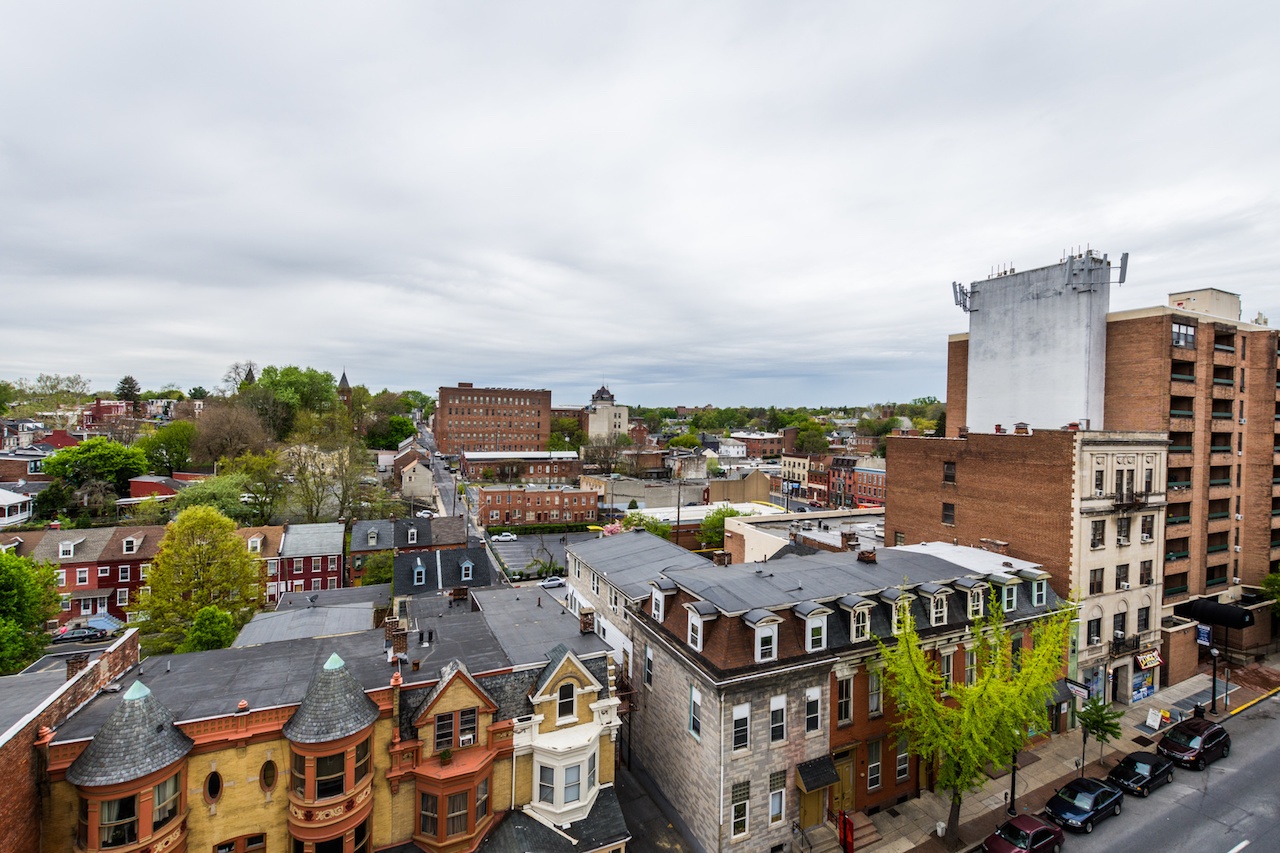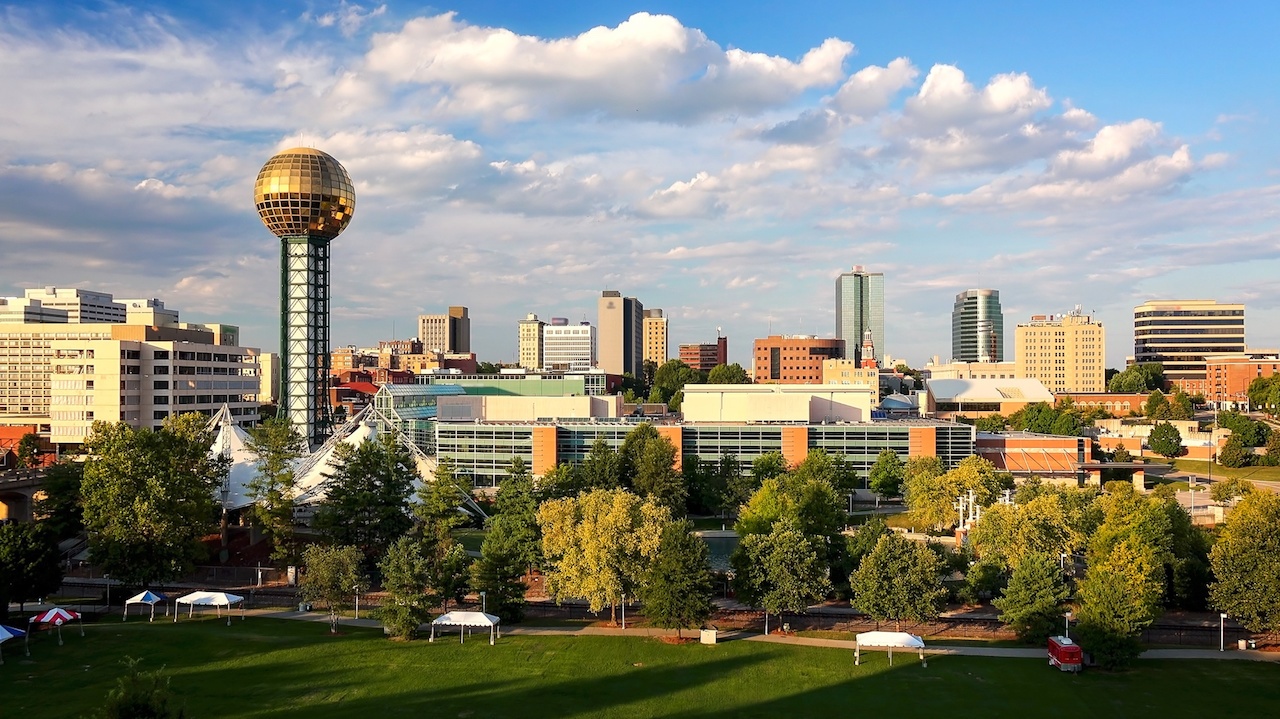Economy
A broad category of content focused on economic-related topics in cities.
Examples: jobs, finance, public-private partnerships, business management, inequality/poverty, budgeting, micro/macroeconomics
5 Reasons for Cities to Value their Downtowns
“Downtowns have an important and unique role in economic and social development for their cities and create a critical mass of activities where commercial, cultural, and civic activities are concentrated. This concentration facilitates business, learning, and cultural exchange.” – The International Downtown Association
Six Degrees of Acquisition: How to Improve Public Procurement
It is time to start compiling our information, experiences, and results in easy to share formats for our peers in cities, towns, and counties around the world to see and learn — in consumable volumes, at convenient times. Using the power of digital platforms and the availability of public data sets, governments can connect with others who are tackling the same issues. We must harness the fact that we are less than six degrees away from a successful acquisition.
Dates and Deliverables from Blockchain
It’s easy to say that blockchain is the future, but it’s been observed that people who describe the future are merely futurists. “Those who can tell when a technology will reach the market? We call them Billionaires.” Can we say anything useful, and even slightly rigorous, about when this will matter to a larger group than technology’s chattering classes?
Targeted Urban Economic Growth Will Improve the Economy
What is it about cities that makes them so influential, and what makes some urban centers grow faster than others? If we find that out, we can identify the best strategies for investing in our cities. Professor Mario Polèse has proposed five urban economics principles that affect a city’s outcomes.
Closing the Workforce Equity Gap with Accessible Online Education
Online learning is not a complete solution to a complex problem, but it is a powerful mechanism for transforming the learning experience to improve results, and for potentially transforming institutions that have been slow to reorient programs for student success.
California Governor, Jerry Brown, has proposed a statewide online college, with the other innovations embedded in the design, that could be essential infrastructure for Californians navigating more dynamic economies.
Pittsburgh: From Steel to Sustainable
On June 1, 2017, President Trump withdrew the US from the Paris Accord, a non-binding climate agreement with 195 nations. Trump stated that the agreement blocked development of clean coal. That is not true. What is true is that the industry has promoted “clean coal” for one hundred years without delivering, costing US taxpayers tens of billions.
Trump said, “I was elected to represent the citizens of Pittsburgh, not Paris.”
Pittsburgh Mayor William Peduto was quick to respond.
Spotlight on Legacy Cities, Large and Small
From Gary, Indiana, to Lowell, Massachusetts, smaller post-industrial cities are taking strategic steps to regenerate. They have a chance to follow their larger rebounding counterparts like Pittsburgh and Cleveland, by building on downtowns, capitalizing on a unique sense of place, and focusing on workforce development.
Impact Investing for Smart Cities
The impact of new technologies won’t be measured in social media “likes” or page views like before, they’ll be measured in lives saved and children fed; parents educated and renewable megawatts generated. Technologies like artificial intelligence, big data, virtual reality, and robotics are simultaneously coming into their own. Each will be as important as the waves that came before, but when you stitch them together, you get game changers like self-driving cars or security-providing drones.
Mid-Sized Cities are the Future of Cities, Here are Three Reasons Why
As the plight of rural America continues, creating regional solutions that connect rural areas with their urban neighbors is more critical than ever. Because mid-sized metros have lower barriers to entry for new firms, more affordable cost of living, closer cultural ties to rural areas and robust (but not daunting) business and population thresholds, these cities provide the perfect testing environments for improving, creating and developing university-industry partnerships, supply chains and labor markets to connect rural and urban areas.
Leveraging A City Budget for Smart Urban Reform
Transforming your city on a budget can foster a bottom-up approach to public policy and urban transformation. It can manifest a sort of direct democracy that empowers citizens, community groups, and local businesses to be change agents in their cities – and to work in collaboration with city officials to foster a vibrant city life. There are many ways citizens and governments can collaborate. Below are only a few modest, yet transformative, approaches for revolutionizing cities.
How Private Investment is Revitalizing New York City
Keep the Builders Accountable and Let them Build For nearly five decades, the Seward Park Urban Renewal Area has stood out as a bleak history lesson on the failings of urban planning. In 1967, the City of New York demolished the homes of more than 1,800 low-income...Meeting of the Minds Annual Summit Recap: Cleveland’s 21st Century Assets
Meeting of the Minds provided our smart, creative, and tech-minded leaders the opportunity to unveil our 21st century assets, feel proud, and show off a little. The 450 attendees were a tiny fraction of the world who need to know of Cleveland’s progress, and that we have taken our inherent grit and determination and turned it into green space and water conservation, technology products and research, modern affordable housing, and digital programming, not to mention a sports powerhouse. Let’s keep the momentum going, embrace an innovation culture and find more opportunities to build on our strengths.


